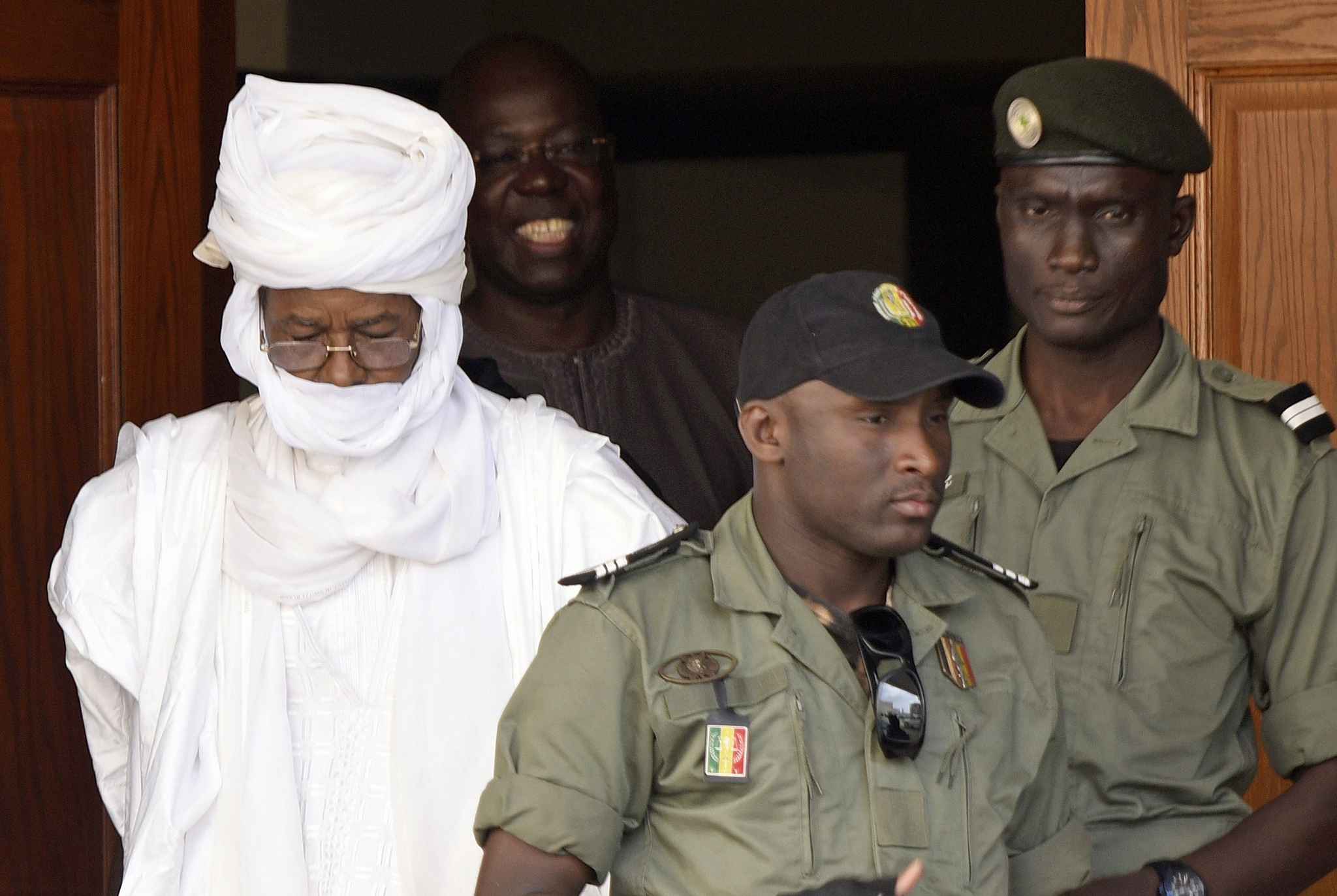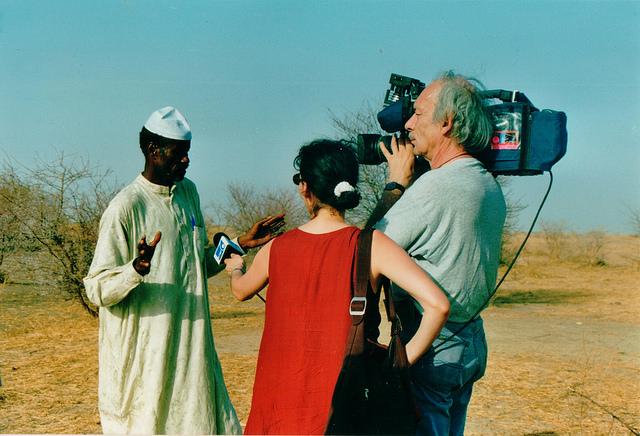
3 The full extent of the crimes committed under his command remains unknown. 2 He also ordered multiple ethnic cleansing campaigns, notably in 1987 against the Hadjeraï, in 1989 against the Zaghawas, and during the ‘Septembre Noir” massacres in 1984.ĭespite widespread outcry among human rights groups over these crimes, Habré remained in power throughout the 1980s, due in part to his central importance to US efforts to undermine Colonel Qaddafi.

His regime is alleged to have ordered the extra-judicial execution of thousands of political and military opponents, and his security forces tortured thousands of detainees. Widespread human rights violations characterised Habré’s rule. After a decade leading rebel forces in a protracted civil war from the remote north, Habré finally emerged as victor in the capital of N’Djamena thanks to millions of dollars in military support from the United States.

On 7 June 1982 Hissène Habré took power by ousting the allied forces of former Chadian President Goukouni Oueddei and Libyan leader Colonel Muammar Qaddafi.


 0 kommentar(er)
0 kommentar(er)
